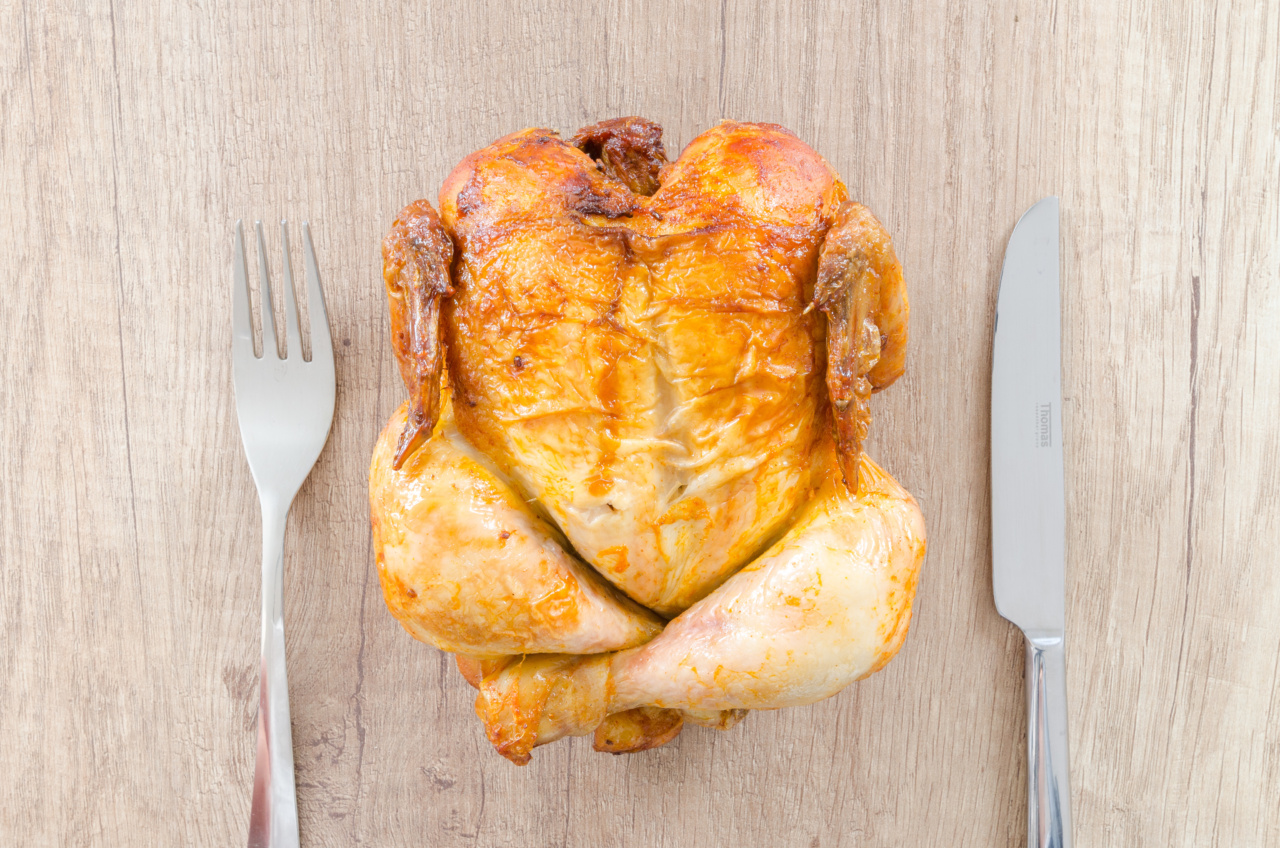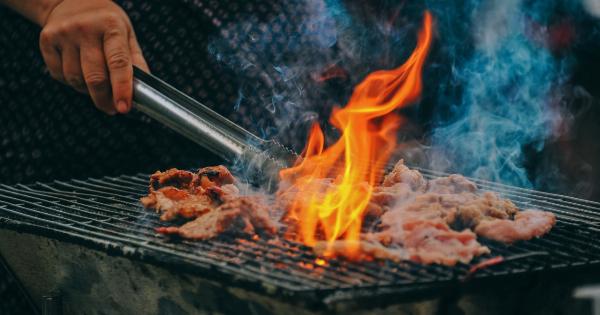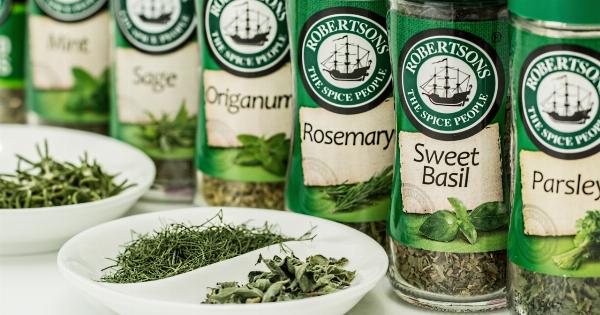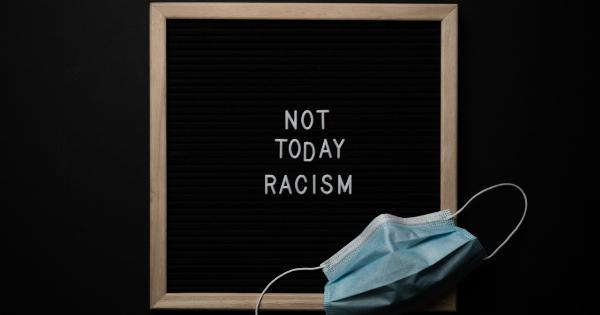Kidney cancer, also known as renal cancer, occurs when the cells in the kidneys start to grow uncontrollably. It is a serious condition that requires prompt medical attention and proper treatment.
While there are various factors that can contribute to the development of kidney cancer, the impact of dietary choices on this disease is a topic of interest.
Roasted Meat and Kidney Health
Roasted meat, especially when cooked at high temperatures, has been a subject of concern in recent years due to its potential negative effects on human health.
Various studies have explored the relationship between roasted meat consumption and the development or progression of different types of cancer, including kidney cancer.
The Potential Link
Research suggests that the consumption of roasted meat, particularly when it is cooked at high temperatures or subjected to the process of charring, can lead to the formation of certain compounds that may increase the risk of kidney cancer.
These compounds include heterocyclic amines (HCAs) and polycyclic aromatic hydrocarbons (PAHs), which are formed when meat is cooked at high temperatures, such as during grilling or roasting.
Evidence from Studies
A number of studies have indicated a potential association between the consumption of roasted meat and an increased risk of kidney cancer.
For instance, a study published in the journal Cancer Research found that individuals who regularly consumed well-done or charred meat had a higher risk of developing kidney cancer compared to those who consumed meat less frequently or at lower temperatures. Similar findings have been reported in other studies as well.
Impact of HCAs and PAHs
It is believed that HCAs and PAHs, the compounds formed during the cooking of roasted meat, can induce changes in DNA that promote the development of cancer.
These compounds have been shown to have mutagenic and carcinogenic properties, which means they can cause changes in DNA and potentially increase the risk of cancer.
Other Factors to Consider
While the consumption of roasted meat might contribute to an increased risk of kidney cancer, it is essential to keep in mind that various other factors also play a role in the development and progression of this disease.
These factors include genetic predisposition, smoking, obesity, exposure to certain chemicals, and underlying medical conditions.
Recommendations for Kidney Cancer Patients
If you have been diagnosed with kidney cancer or are at risk of developing this disease, it is advisable to make certain dietary modifications.
While the direct impact of roasted meat consumption on kidney cancer progression specifically remains uncertain, it is generally recommended to limit the intake of charred or well-done meat.
Healthy Alternatives
When it comes to maintaining kidney health, it is important to focus on a balanced diet that includes a variety of nutritious foods. Instead of consuming roasted meat regularly, consider incorporating healthier alternatives such as:.
- Lean proteins like fish, poultry, and tofu
- Fruits and vegetables
- Whole grains
- Legumes and beans
- Low-fat dairy products
Cooking Methods
In addition to selecting healthier alternatives, it is also preferable to opt for cooking methods that minimize the formation of HCAs and PAHs. Some alternatives to high-temperature cooking methods include:.
- Steaming
- Baking
- Sautéing
- Slow cooking
- Using marinades or herb rubs to reduce charring
Conclusion
While the exact relationship between roasted meat consumption and kidney cancer among patients remains an area of ongoing research, it is prudent for those with kidney cancer or at risk of developing it to moderate their intake of well-done or charred meat. A well-balanced diet, incorporating healthier alternatives and cooking methods, can contribute to overall kidney health.
It is essential for individuals to consult with healthcare professionals and follow personalized dietary recommendations based on their specific health conditions.































